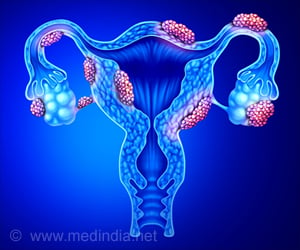Although younger people are accepting the concept of surrogate motherhood, but the term still remains a stigma.
Studies have shown that there is still a lot of stigma attached to surrogate motherhood although younger people are now more open to the concept.
According to Professor Olga van den Akker, from the Department of Psychology, Middlesex University, Hendon, London, UK, previous stigmatisation of surrogate mothers in the media had added to the reluctance to take on this treatment option.Professor Olga along with colleague Miss Aimee Poote studied the present attitudes to surrogacy among 187 women from the general population.
They found that only 8 out of the 187 were willing to become genetic surrogate mothers, and 9 gestational surrogates.
However, younger women were more willing to become surrogate mothers. Women who were unsure about the idea of surrogacy were less likely to have had children, whereas those who were potentially willing and those who were unwilling were more likely to have had them.
"Women who were potentially willing to become surrogates were more likely to say that they would be happy to be identified as the surrogate to the couple and the child," said Professor van den Akker.
"Those who thought that parenthood was very important were also more likely to be willing to help others to become parents like themselves" she added.
Advertisement
"We need to do further research with larger numbers to enable us to see whether the attitudes we found translate into actual behaviour."
Advertisement
This would imply that these negative feelings towards surrogacy and parenthood in general are held by that part of the population, which is not involved with surrogacy.
These factors are likely to influence the reports of stigma associated with surrogacy, and it is possible that this could be overcome by linking alternative means of becoming a family to positive (rather than negative) family values.
"We also believe that, as surrogacy becomes less stigmatised, families who have children born in this way will be more likely to disclose the means of conception, not just to their children, but also to their family and friends, leaving them in better psychological health," said Professor van den Akker.
"These findings will help de-stigmatise surrogate motherhood, and aid those who are already disadvantaged through being infertile to disclose use of assisted conception to others. We were pleased to find a more positive attitude towards the idea of surrogate mothers, perhaps because society as a whole is becoming more familiar with 'alternative' ways to have a family," she said.
The study will be presented at 24th annual conference of the European Society of Human Reproduction and Embryology.
Source-ANI
TAN/L







